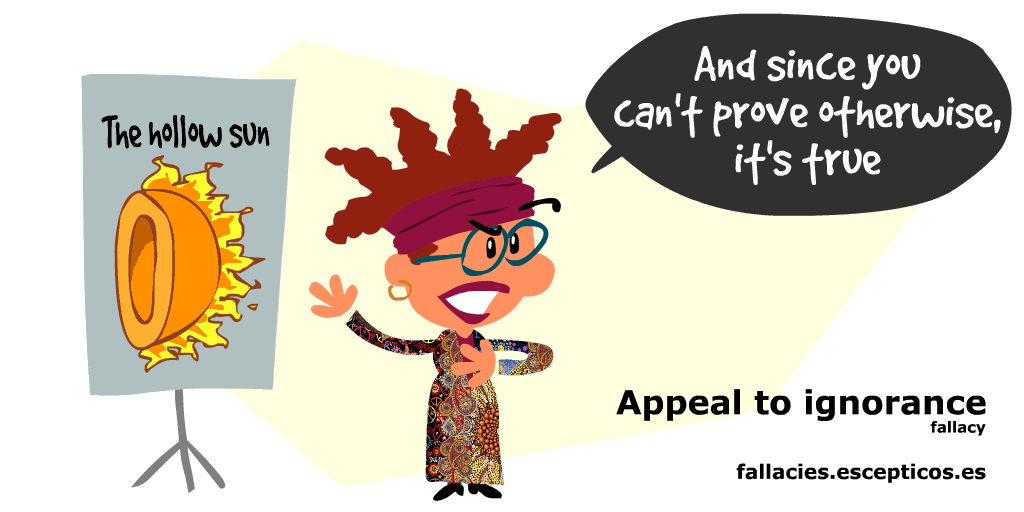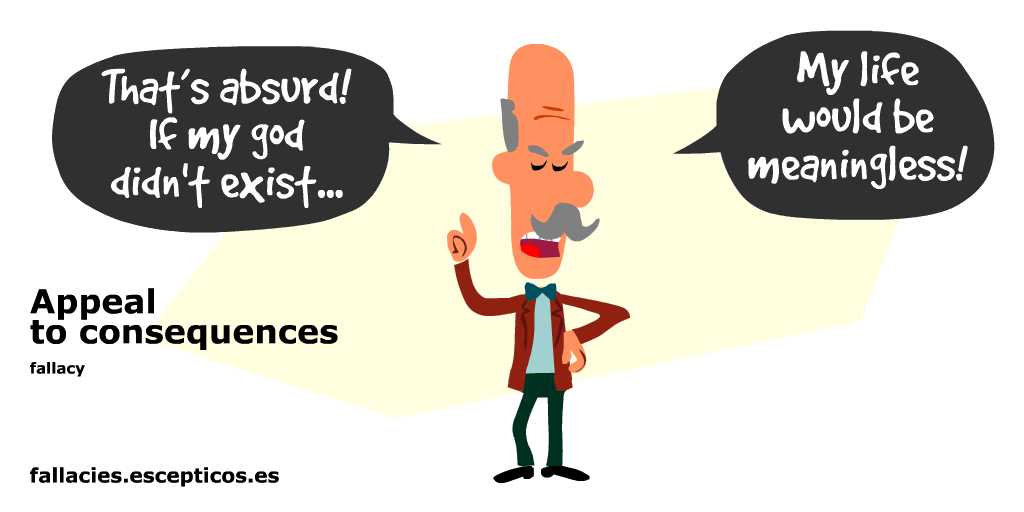Ella Helms #H01
We're Doomed. Now What? by Roy Scranton is an article in Question Everything XIII. It covers the search for the gap between fact and meaning.
Nihilism is a belief that all values are baseless and that nothing can be known or communicated. It is often associated with extreme pessimism and a radical skepticism that condemns existence. A true nihilist would believe in nothing, have no loyalties, and no purpose other than perhaps, an impulse to destroy.
Looking back to the post-Depression time period, radical conservatives believed that climate change either was not happening or was not caused by humans and the liberals believed in climate change but insisted that the problems were easily fixable. The gap between what we once viewed the future to be and the future we are actually moving towards as one thing rooted within in. Nihilism. The thought process, "If all is already lost, nothing matters anyway" (QE 457) creeps into people's minds. Nihilism is present in many modern forms; however, we are not noticing it. The Walking Dead, Game of Thrones, and The Leftovers show nihilism all throughout the plot. Nihilism goes back to at least the seventeenth century when scientific insights into human behavior began to undermine the religious belief.
Since the beginning of time, philosophers have been trying to fill the gap between fact and meaning. Kant tried to reconcile empiricist determinism with God and Reason. Bergson and Peirce worked to merge Darwinism evolution and human creativity. More recent thinkers "...glean the stripped furrows neuroscience has left to logic and language" (QE 457).
The threat of meaninglessness if consciousness, the extreme version of scientific materialism, can be fought against if we understand our actions are determined by will, not by causes. Our values and beliefs are merely rationalizations for the things we were going to do anyways. This can be found to be distasteful.
Marilynne Robinson wrote a series of essay called The Givenness of Things. She argued for the existence of the human soul by insisting that the soul's metaphysical character makes it impervious to materialist arguments. Robinsons believes that our minds are too beautiful to be so obsessed with mastering technology. We should be interested in learning more about our minds rather than things we cannot control. What we are and who we are, are much more fascinating topics. Robinson writes that cultural pessimism might be easy to fall into, but there is still much more to give us hope. The soul is a concept that is hard for many to grasp. We think we understand it, but really, I do not think it will ever be fully comprehended. Robinson says, "...the soul is an institution that cannot be dispelled by proving the soul's physicality, from which it is aloof by definition. And on the same grounds, its nonphysicality is no proof of its nonexistence" (QE 457). To break this down into simpler terms, the soul cannot be seen or felt which keeps it distant from understanding, but that does not mean it does not exist. It can be felt when our morals are being challenged. Your soul represents who you are as a person causing it to go deeper than a surface level concept.
Biologist E.O Wilson does not agree with this. In his work titled The Meaning of Human Existence, Wilson writes about the topic of free will. Does it exist? Is it really what we think it is? Wilson argues that in order to fully understand ourselves, we must study our biology and our cultural development. Wilson answers the question of free will by saying, "Yes. if not in ultimate reality, then at least in the operational sense necessary for sanity and thereby for the perpetuation of the human species" (QE 457). Free will is a difficult thing to wrap our heads around. For me, as a Christian, I believe God gave us the free will to make our own decisions. We choose to get out of bed. We choose to brush our teeth. We choose what we wear in the morning. We choose which parking spot we park in at the grocery store. When predestination comes into the conversations that is when things may get a little confusing.
In her essays, Robinson offers an appeal to ignorance, while Wilson offers an appeal to consequences. Both of these arguments are fallacious.
To help understand Nietzsche's theory about truth, I researched the definitions of each section of truth's mobile army.
Metaphor- figure of speech that compares two unliked things by saying one is another
Metonym- the substitution of the name of an attribute or adjunct for that of the thing meant
Anthromorphism- attribution of human traits (and stuff) to non-human entities
Overall, the gap between fact and meaning may not ever be filled. For centuries, philosophers have been searching to fill the void that it is and have only been met with constant disagreement. I think a topic like this is fair to be left to your own discretion.
Discussion Questions
1) Do you agree with Nietzsche that "Man will sooner will nothingness than will not"?
2) Going back to the beginning, do you ever think that gap between fact and meaning can be filled? Why or why not?
3) Which fallacy, the appeal to ignorance or the appeal to consequences, do you most use?



1. I'd never will nothingness, nor would I ever not will.
ReplyDelete2. We all fill it all the time, by getting up in the morning and going about our days.
3. I try to use neither. Fallacies are not good.